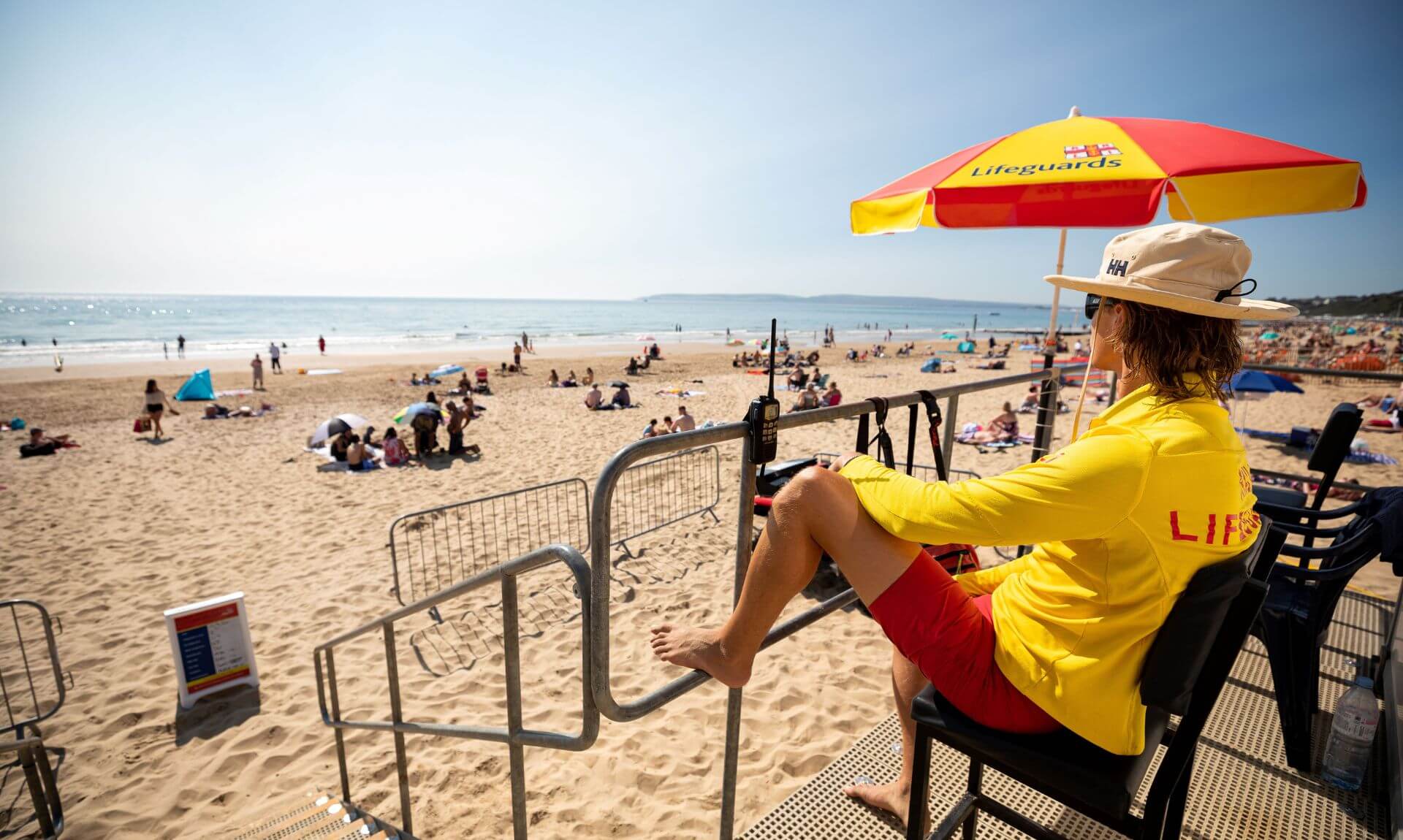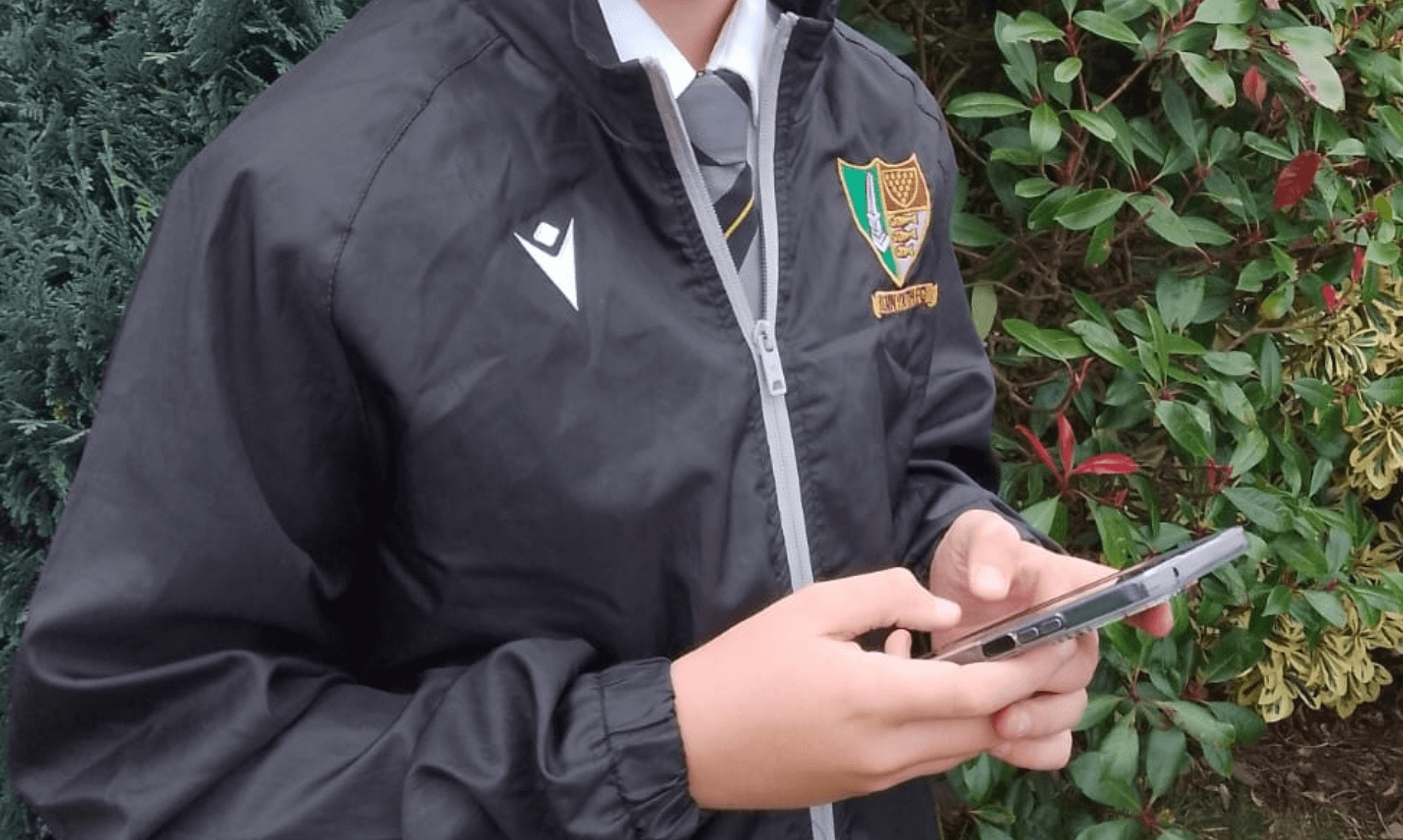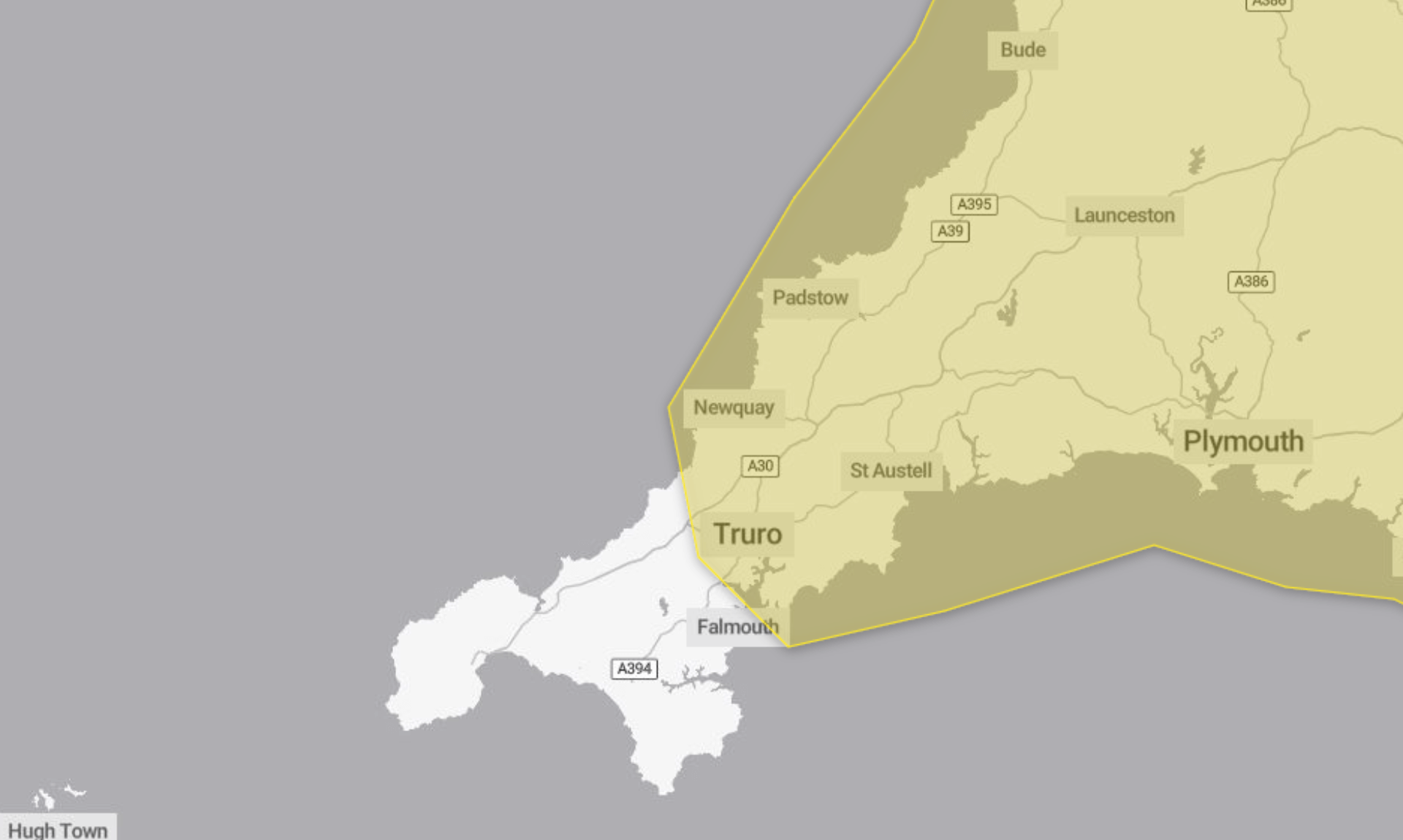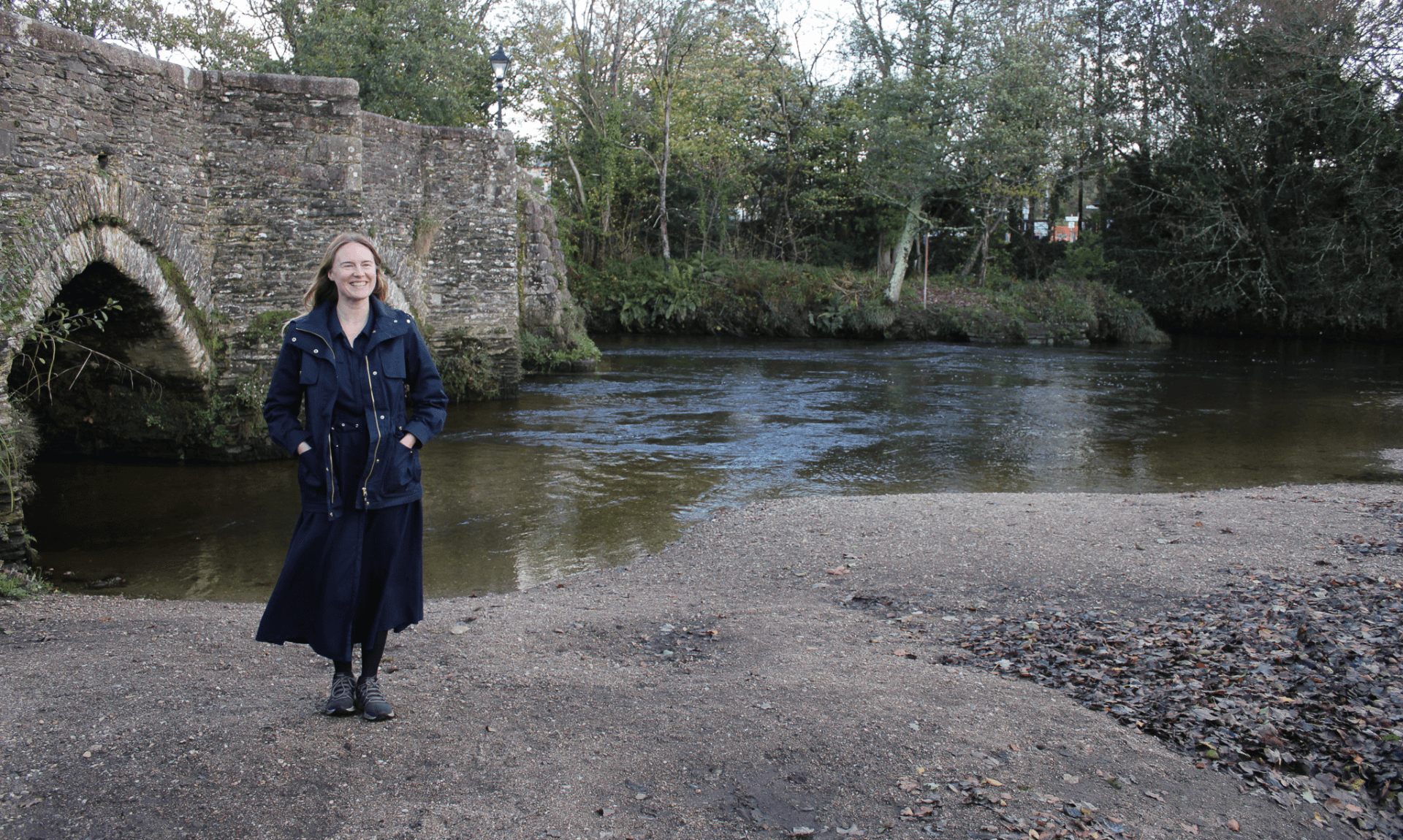Bank Holiday Warning: Why You Should Only Swim at Lifeguarded Beaches
As the bank holiday weekend approaches, the Royal National Lifeboat Institution (RNLI) has issued a crucial safety warning for those planning to visit the coast. With warm weather expected across much of the country, the RNLI is urging beachgoers to prioritise safety by choosing lifeguarded beaches.
Stay Safe: Choose Lifeguarded Beaches
The RNLI advises that anyone heading to the coast should visit a lifeguarded beach and swim between the red and yellow flags. This summer, RNLI lifeguards will be patrolling around 240 beaches across the UK. These lifeguards are not only there to offer safety advice but also to assist anyone who finds themselves in danger.
For those who may encounter difficulties in the water, the RNLI emphasises the importance of the “Float to Live” technique. This life-saving approach can help ensure safety while waiting for rescue. In the event of an emergency, individuals are encouraged to call 999 and request the Coastguard.
Gareth Morrison, Head of Water Safety at the RNLI, stressed the importance of visiting lifeguarded beaches: “The coast is likely to be very busy over the bank holiday weekend. We want everyone to enjoy the beach and the water, but we also want to make sure people stay safe and know what to do in an emergency.”
The Float to Live Technique
If you find yourself in trouble in the water, the RNLI recommends the following steps for the Float to Live technique:
- Tilt your head back with your ears submerged
- Relax and try to control your breathing
- Use your hands to help stay afloat
- It’s okay if your legs sink; everyone floats differently
This technique can be crucial in helping you stay calm and afloat until help arrives or you are able to swim to safety. More detailed information can be found on the RNLI’s Float to Live page.
Rising Temperatures, Rising Risks
Recent studies have highlighted a concerning correlation between higher UK air temperatures and an increase in drowning incidents. Research from both the Royal Life Saving Society UK and Bournemouth University indicates that the risk of accidental drowning increases significantly when the UK’s average maximum air temperature reaches or exceeds 25°C. On these warmer days, the risk of accidental drowning is five times higher compared to days with an average of 10°C. Moreover, three times as many accidental drowning fatalities occur on days when temperatures hit 25°C or more.
Given these findings, the RNLI is particularly urging caution during this bank holiday weekend when temperatures are expected to be high.
Acclimatising to Cold Water
Even on warm days, the water can be much colder than anticipated. The RNLI advises gradually entering the water to acclimatise and avoid cold water shock. Entering the water slowly allows your body time to adjust to the temperature, reducing the risk of sudden cold water shock, which can be life-threatening.
For those interested in open water swimming, further advice can be found on the RNLI’s Open Water Swimming page.
For a full list of RNLI-lifeguarded beaches, visit the RNLI website before you head to the coast this weekend.
Stay safe, and enjoy the bank holiday by making safety a priority.
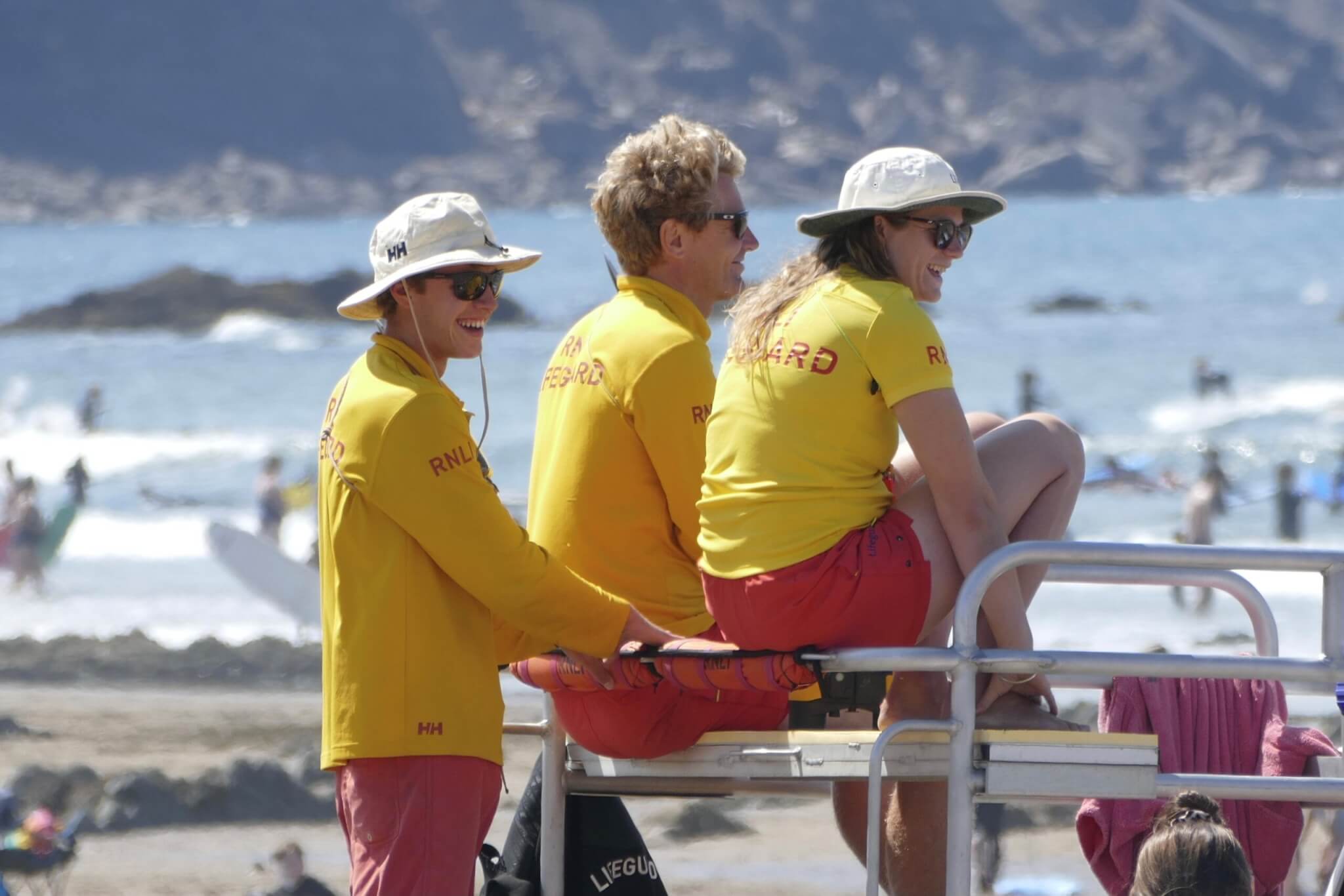
Photo: RNLI lifeguards at beach – Credit: RNLI/Becky Cheers
Share This Story, Choose Your Platform!
To keep up with the latest cornish news follow us below
Follow CornishStuff on Facebook - Like our Facebook page to get the latest news in your feed and join in the discussions in the comments. Click here to give us a like!
Follow us on Twitter - For the latest breaking news in Cornwall and the latest stories, click here to follow CornishStuff on X.
Follow us on Instagram - We also put the latest news in our Instagram Stories. Click here to follow CornishStuff on Instagram.
You Might Also Be Interested In
Don’t Miss What’s Happening in Cornwall
Join others in Cornwall by receiving the latest daily news in Cornwall, sent direct to your inbox.

